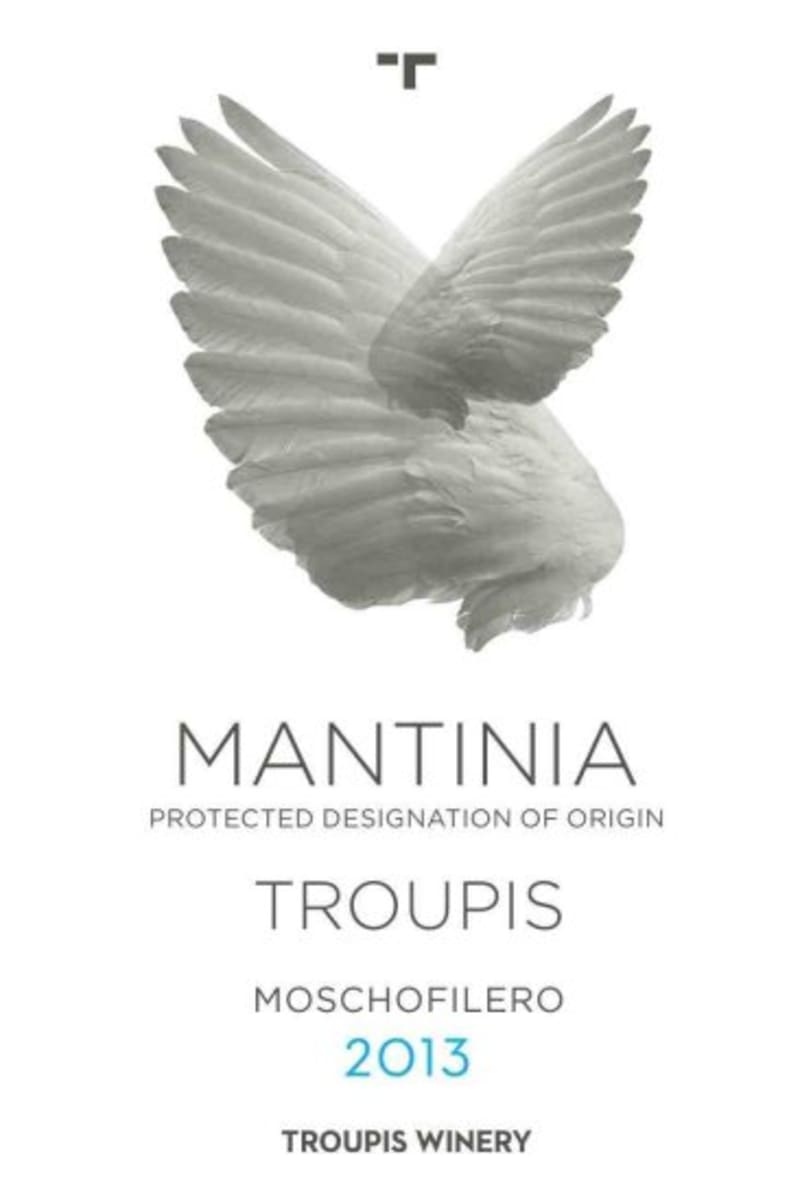Troupis Winery Mantinia Moschofilero 2013


Product Details
Your Rating
Somm Note
Winemaker Notes

A pink-skinned variety from the Peloponnese, Greek Moschofilero produces a delicatly perfumed, fresh white wine. There on the Mantineia plateau, the cool growing conditions allow ample time for the grapes to develop balanced sugars and aromatics. Moschofilero is actually the most popular of many mutations of the ancient Fileri grape. These range in color from white to red and produce an array of styles including fruity pink and sparkling versions. Somm Secret—If you already love Muscat, definitely try Moschofilero. Though the grapes are unrelated, they produce remarkably similar wines.

A picturesque Mediterranean nation with a rich wine culture dating back to ancient times, Greece has so much more to offer than just retsina. Between the mainland and the country’s many islands, a wealth of Greek wine styles exists, made mostly from Greece’s plentiful indigenous varieties. After centuries of adversity after Ottoman rule, the modern Greek wine industry took off in the late 20th century with an influx of newly trained winemakers and investments in winemaking technology.
The climate—generally hot Mediterranean—can vary a bit with latitude and elevation, and is mostly moderated by cool maritime breezes. Drought can be an issue for Greek wine during the long, dry summers, sometimes necessitating irrigation.
Over 300 indigenous grapes have been identified throughout Greece, and though not all of them are suitable for wine production, future decades will likely see a significant revival and refinement of many of these native Greek wine varieties. Assyrtiko, the crisp, saline Greek wine variety of the island of Santorini, is one of the most important and popular white wine varieties, alongside Roditis, Robola, Moschofilero, and Malagousia. Muscat is also widely grown for both sweet and dry wines. Prominent red wine varieties include full-bodied and fruity Agiorghitiko, native to Nemea; Macedonia’s savory, tannic Xinomavro; and Mavrodaphne, used commonly to produce a Port-like fortified wine in the Peloponnese.
